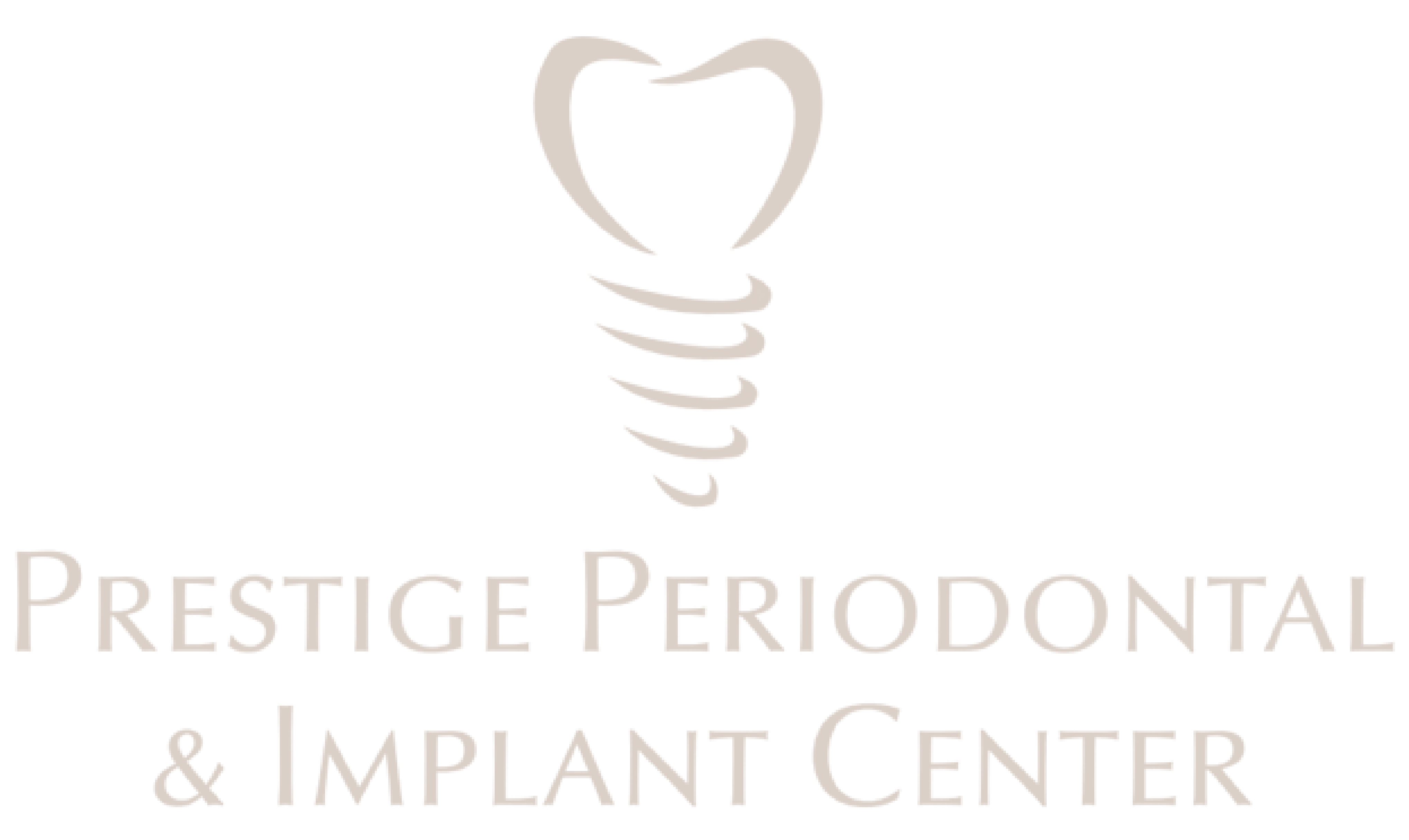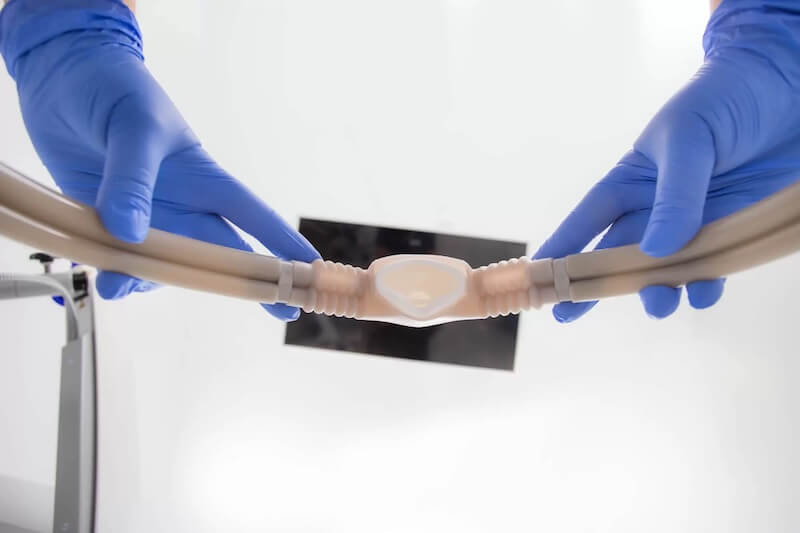Do you struggle with dental anxiety? Does the thought of sitting in the dentist’s chair turn you into a nervous wreck? If you answered a resounding “Yes!” to these questions, then you might want to learn more about sedation dentistry Jupiter.
What is Sedation Dentistry?
Sedation dentistry makes use of various types of medication that can help anxious patients stay cool, calm, relaxed, and comfortable while they’re getting some dental work done. Moreover, there are different types of dental sedation.
The Major Types of Dental Sedation
Nitrous Oxide or Laughing Gas
This type of sedation option is administered through your nose by placing a mask on your face. Despite its nickname, inhaling nitrous oxide won’t compel you to burst into fits of uncontrollable laughter. It just causes you to relax. While other sedation options require you to ask a family member or a friend to drive you home after your appointment, nitrous oxide won’t. Since its effects tend to wear off as soon as the mask is removed, you can safely drive yourself home or get back to work.
Oral Sedation
Also known as “conscious sedation,” oral sedation involves you taking your dentist’s prescribed dose of sedative prior to your dental procedure. You may be instructed to take the pill the night before or an hour before your appointment. Although you’ll be awake while your dentist works on your teeth, you’ll be extremely relaxed the whole time.
IV Sedation
With IV sedation, the medicine will be administered through an IV. Compared to oral sedation, it’s a faster-acting sedative that can effectively keep you calm but awake. Furthermore, your vital signs and the amount of sedative you’re receiving will be closely monitored throughout your dental procedure. This type of dental sedation comes in a few variations, including the twilight IV sedation and general anesthesia. Twilight IV sedation can make you feel sleepy, and you won’t be able to recall anything that happened once the procedure is over. Should you fall asleep, your dentist can wake you up with a nudge. On the other hand, general anesthesia is rarely used in sleep dentistry except for patients who require complex or multiple surgical procedures or resistant to other forms of sedation.
Considering Sedation Dentistry in Jupiter?
With Prestige Periodontal & Implant Center, you can expect to receive exceptional service and quality care. Contact us now to schedule your consultation.


